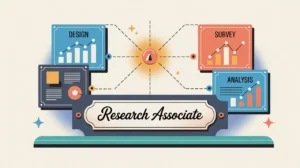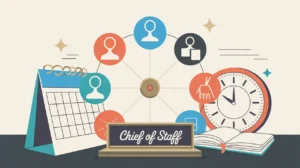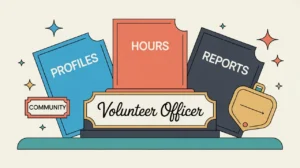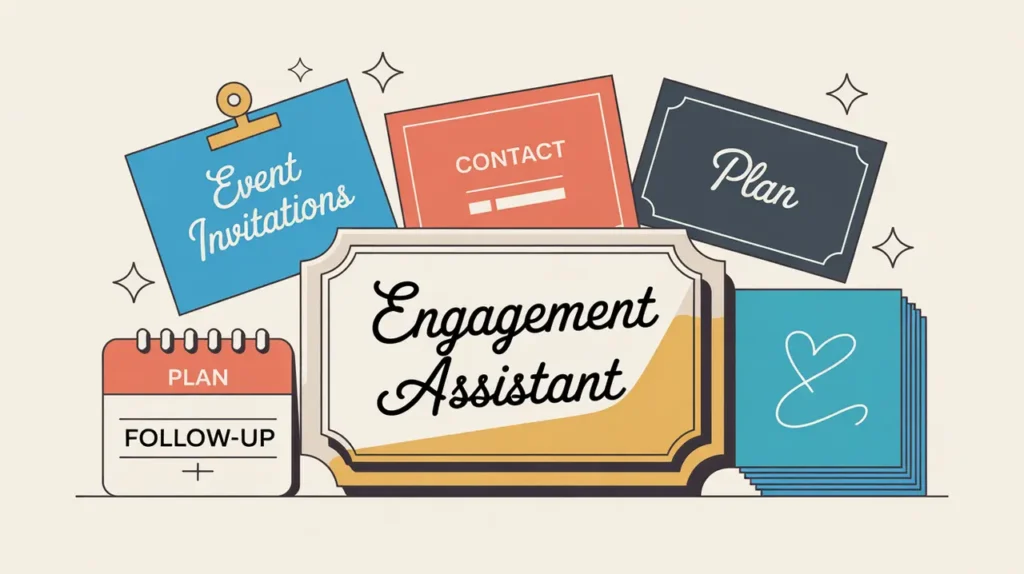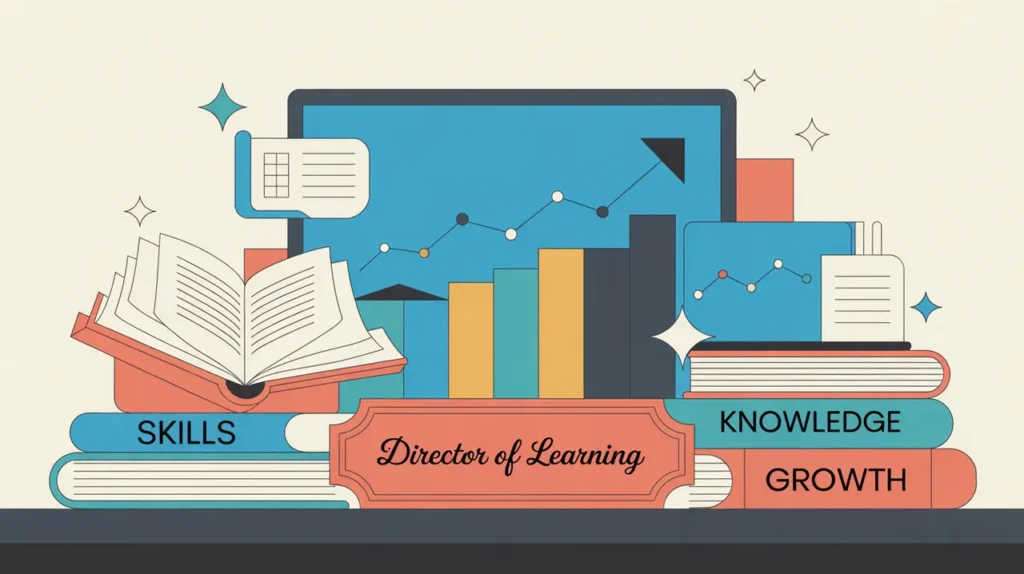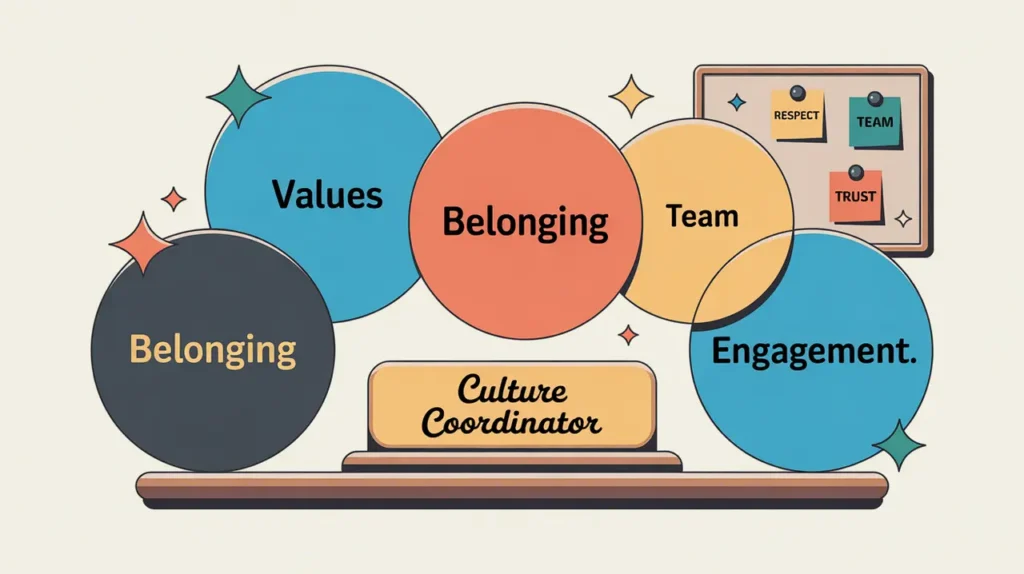What Does the Onboarding Specialist Role Involve?
An onboarding specialist is responsible for ensuring that new employees, volunteers, or partners are integrated smoothly and effectively into the organization. This includes designing and delivering onboarding programs, coordinating orientation sessions, ensuring compliance with organizational policies, and supporting new hires as they transition into their roles. The role typically sits within human resources, talent, or operations functions. In nonprofits and social enterprises, onboarding specialists play a key role in building organizational culture, improving retention, and ensuring that new team members are well equipped to contribute to mission delivery from the start.
At What Level does this Role Operate?
Mid Level: This role typically reports to an HR manager, talent lead, or operations director. It involves coordination with multiple departments to design and implement onboarding processes and may include supervisory responsibilities over administrative or support staff involved in onboarding logistics.
Relative Employability: Onboarding specialist roles are consistently in demand across nonprofits, social enterprises, and development organizations. As organizations place more emphasis on employee experience and retention, well-structured onboarding processes have become a strategic priority.
Relative Pay Scale: Onboarding specialist roles sit within mid-level pay bands, reflecting their cross-functional responsibilities and influence on organizational effectiveness.
What are the Key Responsibilities and Activities?
- Design, implement, and continuously improve onboarding programs for employees, volunteers, or partners
- Coordinate orientation sessions that introduce organizational culture, values, policies, and systems
- Manage onboarding checklists and ensure that new hires complete all required documentation and compliance steps
- Collaborate with managers and teams to align onboarding processes with specific departmental needs
- Provide support and guidance to new hires during their early months to improve engagement and retention
- Track onboarding progress and collect feedback to improve future onboarding experiences
- Maintain accurate onboarding records and ensure compliance with legal and organizational requirements
- Contribute to broader talent and HR strategies that strengthen workforce development
What Core Competencies and Qualifications are Needed?
Required Qualifications and Experience
The following reflect common qualifications and experience expected for this role, while recognizing that pathways may vary by context, organization, and region.
- Educational background in human resources, organizational development, business administration, or a related field, or equivalent professional experience
- Experience in HR, talent management, or organizational development, with a focus on onboarding or employee engagement
- Strong organizational and coordination skills
- Excellent communication and interpersonal abilities
- Familiarity with HR systems, compliance requirements, and onboarding tools
- Understanding of organizational culture and change management principles
Key Competencies
- Onboarding program design and delivery
- Orientation facilitation and culture building
- Compliance and documentation management
- Cross-departmental coordination
- Employee support and retention strategies
- Continuous improvement through feedback and evaluation
How are AI and Automation Shaping this Role?
An AI-native onboarding specialist will look to AI and automation to personalize onboarding experiences, improve efficiency, and strengthen data tracking. They can use AI tools to automate scheduling, document management, and onboarding checklists, ensuring a smoother administrative process. AI-powered platforms can provide customized learning paths and interactive resources for new hires, while analytics can identify where onboarding experiences succeed or need improvement. By integrating these tools, onboarding specialists can focus more on culture building, relationship development, and strategic improvements.
What Career Pathways and Transferable Skills are Associated with this Role?
Onboarding specialist roles can lead to positions such as HR manager, talent development lead, or organizational development manager. The skills developed in program design, culture integration, compliance, and employee experience are highly transferable across nonprofits, social enterprises, development agencies, and private sector organizations. This role plays a critical part in shaping how people experience and engage with the organization from day one.

